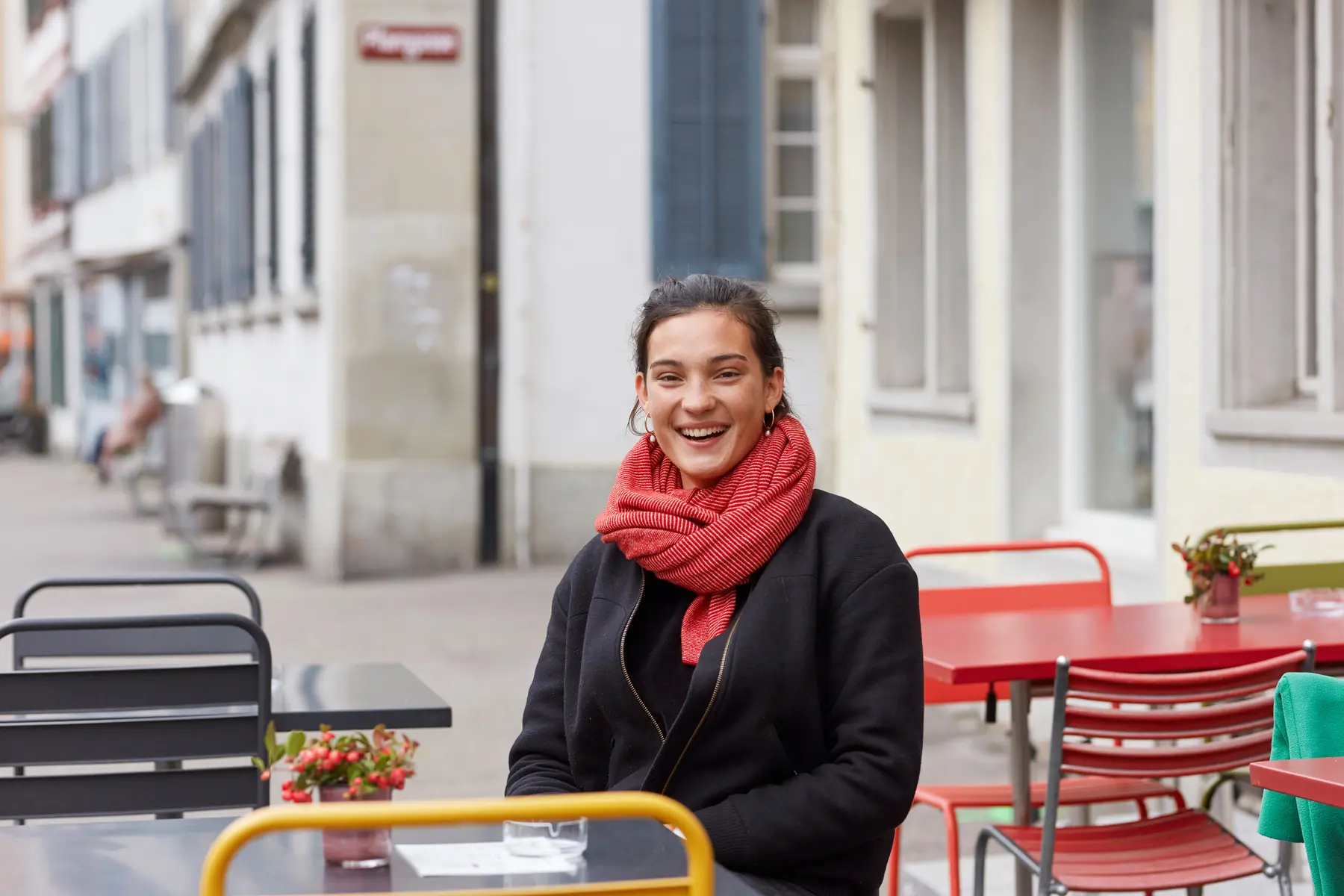Sustainable Impact Program launched
With its three pillars, the Sustainable Impact Programme (SIP) aims to promote a culture and community of sustainable development at the ZHAW. The initial projects have been selected by employees and students.

Lotta Widmer studies natural resource sciences and wants to make the Winterthur Musikfestwochen music festival even more sustainable. She is being supported by the first pillar of the SIP, which provides funding to student sustainability projects with a link to the local region or the ZHAW – in the sense of a Real-Lab. On the basis of CO2 emissions, the student is analysing the festival’s environmental footprint in order to find out where the major leverage effects lie for achieving a carbon-neutral event and how public awareness can be increased in this regard.
Ready for international climate negotiations
The second pillar of the SIP supports teaching and research projects that help to raise awareness of the UN SDGs and their achievement and of the ZHAW Sustainability Strategy. Claudia Veith and her team offer a course that trains students to become global change makers that contribute to sustainable development with their skills. Thanks to the SIP, the course now also covers the aspect of “climate negotiations”. The goal is for students to develop an understanding of the various negotiating positions and to become familiar with the challenges and opportunities presented by international climate negotiations.
Producing tea and power at the same time
Agrivoltaics (APV) is a method that allows for solar power and agricultural products to be produced on the same piece of land. In his “Green!Tea” project, ZHAW employee Grégoire Meylan is working to identify environmental hot spots and potential for improvement with respect to the use of APV in the production of green tea in Vietnam. Green tea is a promising crop for the deployment of APV as it requires shade. APV can increase the quality of the tea in an economically efficient manner and improve the living conditions of farming families.
From the birth of an idea to a sustainable start-up
The third pillar of the SIP supports young entrepreneurs who want to bring about sustainable development with their project idea. Participants in the Impact Entrepreneurship Initiative have the opportunity to complete three phases, which range from awareness-raising to the incubation of ideas: the Sustainability Safari series, the Sustainability Hack and the Sustainability Incubation Program.
- Sustainable Impact Program
- Back to overview